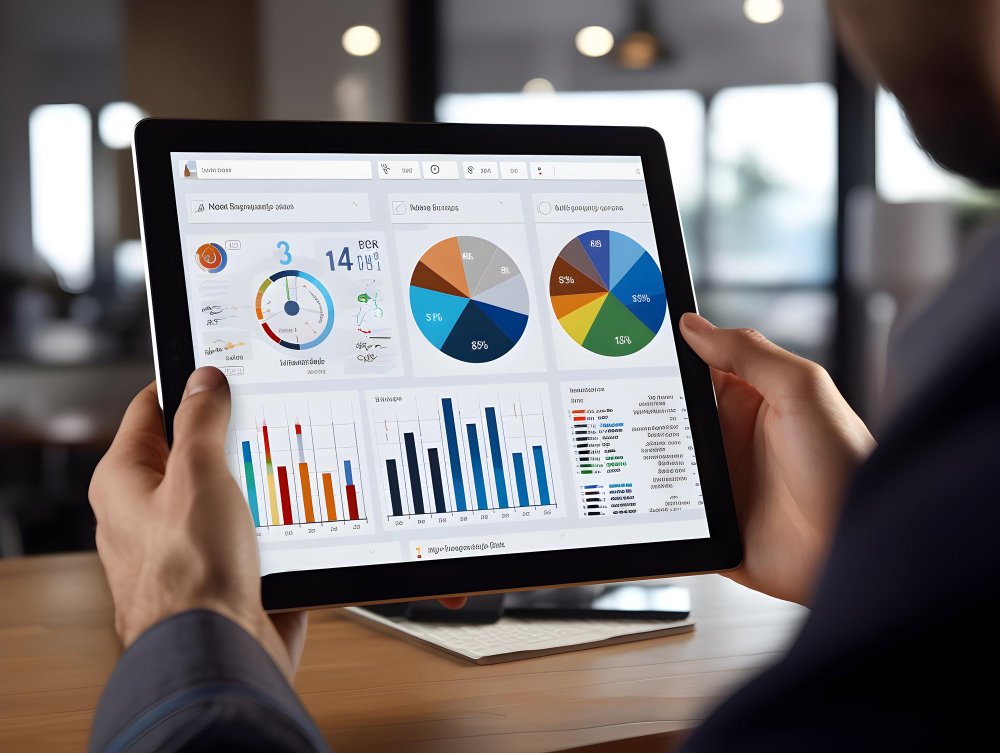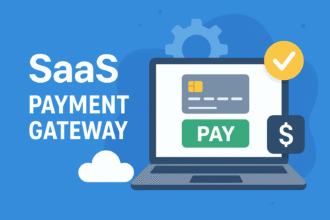The Role of Data Analytics in Modern Business Strategy
Data analytics has emerged as a pivotal force shaping strategic decision-making across industries. This powerful tool is not just an add-on to existing business practices; it has become a fundamental component of how companies operate, compete, and thrive in an increasingly data-driven world.
At its core, data analytics refers to the sophisticated process of examining vast data sets to uncover hidden patterns, correlations, and other valuable insights. Business involves using specialized systems and software to transform raw data into actionable intelligence. This intelligence, in turn, informs strategic decision-making at all levels of an organization.
Why is Data Analytics Important?
As businesses generate and collect significant volumes of data, effectively analyzing and interpreting this information has become crucial. The importance of data analytics in modern business strategy cannot be overstated. It allows companies to make more informed decisions, often in real-time, allowing them to stay ahead of market trends and competitor actions.
Furthermore, data analytics empowers businesses to predict future trends and behaviors accurately. This predictive capability is invaluable for strategic planning, allowing companies to anticipate market shifts and customer needs before they fully materialize.
Regarding operations, data analytics offers powerful tools for optimization and cost reduction. Businesses can streamline operations, reduce waste, and significantly cut costs by analyzing processes and identifying inefficiencies. This operational efficiency is critical to competitiveness in today’s fast-paced business environment.
Perhaps one of the most significant impacts of data analytics is customer experience. The ability to personalize interactions and offerings based on individual customer data has revolutionized how businesses engage with their clientele. This level of personalization enhances customer satisfaction, drives loyalty, and increases lifetime customer value.
Moreover, data analytics opens new avenues for identifying opportunities and mitigating risks. Businesses can locate untapped markets by analyzing market data, consumer trends, and internal performance metrics, developing new products, and creating innovative services that meet emerging needs.
Data Analytics Across Industries
The importance of data analytics is evident across various sectors, each leveraging this tool in unique ways to drive their business strategies.
E-Commerce
In the e-commerce sector, data analytics has become the backbone of strategic decision-making. E-commerce giants and small online retailers are harnessing the power of data to understand and influence consumer behavior in unprecedented ways.
Personalization stands at the forefront of e-commerce strategies powered by data analytics. By meticulously analyzing a customer’s browsing history, purchase patterns, and demographic data, e-commerce platforms can create highly personalized shopping experiences. This goes beyond simple product recommendations; it extends to personalized email marketing campaigns, tailored landing pages, and customized pricing strategies. The result is a shopping experience that feels uniquely crafted for each customer, significantly increasing the likelihood of purchases and customer loyalty.
Pricing optimization is another area where data analytics is making a substantial impact in e-commerce. Dynamic pricing models, powered by real-time data analysis, allow companies to adjust prices based on many factors, including demand, competitor pricing, time of day, and weather conditions. This level of pricing agility ensures that e-commerce businesses can maximize their revenue while remaining competitive in a rapidly changing market.
Insurance
Traditionally reliant on actuarial science, the insurance industry has found a powerful ally in modern data analytics. This partnership has led to more accurate risk assessment, enhanced fraud detection capabilities, and improved customer segmentation strategies.
Risk assessment, the cornerstone of the insurance business model, has been significantly enhanced by data analytics. Insurers can now analyze vast amounts of historical and real-time data to assess risk with unprecedented accuracy. This includes not only traditional data points but also new sources of information such as social media activity, IoT device data, and even satellite imagery.
For instance, in auto insurance, telematics devices can provide real-time data on driving behavior, allowing for more accurate and personalized premium calculations.
Fraud detection is another area where data analytics is invaluable to the insurance industry. Advanced analytics and machine learning algorithms can now identify subtle patterns indicative of fraudulent claims, patterns that might be invisible to human analysts. These systems can analyze claim histories, social networks, and even unstructured data like claim adjustor notes to flag potentially fraudulent activities.
Gaming
Data analytics has become a game-changer in dynamic gaming, particularly online casinos and gaming platforms. It’s being used to enhance user experience, maximize revenue, and even shape the future of game design.
Player retention is a critical metric in the gaming industry, and data analytics is at the forefront of retention strategies. New online casino sites leverage data analytics to track player behavior, preferences, and gaming patterns. By analyzing this data, casinos can offer personalized promotions, game recommendations, and bonuses tailored to individual players, enhancing user engagement and satisfaction.
The game design itself is also being revolutionized by data analytics. Game developers now have vast data on how players interact with their games. This includes everything from the time spent on different levels to the in-game purchases made and the social interactions within the game.
Thanks to this data, developers can identify which features are most engaging, which levels are too difficult or too easy, and which types of in-game purchases are most appealing. This leads to more compelling and addictive games that maximize player engagement and monetization.
Healthcare
The healthcare industry is leveraging data analytics to improve patient care, enhance operational efficiency, and drive medical research forward. The impact of data analytics in healthcare is profound, potentially saving lives and significantly improving the quality of care.
Predictive analytics in healthcare is opening new frontiers in preventive care. Healthcare providers can analyze patient data, including medical history, genetic information, and lifestyle factors, to predict potential health issues before they become severe. This allows for early intervention and preventive measures, potentially averting severe health crises.
For instance, analytics can help identify patients at high risk of developing chronic conditions like diabetes or heart disease, allowing for preemptive lifestyle interventions or early treatment.
Treatment optimization is another area where data analytics is making a significant impact. By analyzing clinical data, including treatment outcomes across large patient populations, healthcare providers can identify the most effective treatments for specific conditions. This data-driven approach to treatment not only improves patient outcomes but also helps in reducing healthcare costs by avoiding ineffective treatments.

















